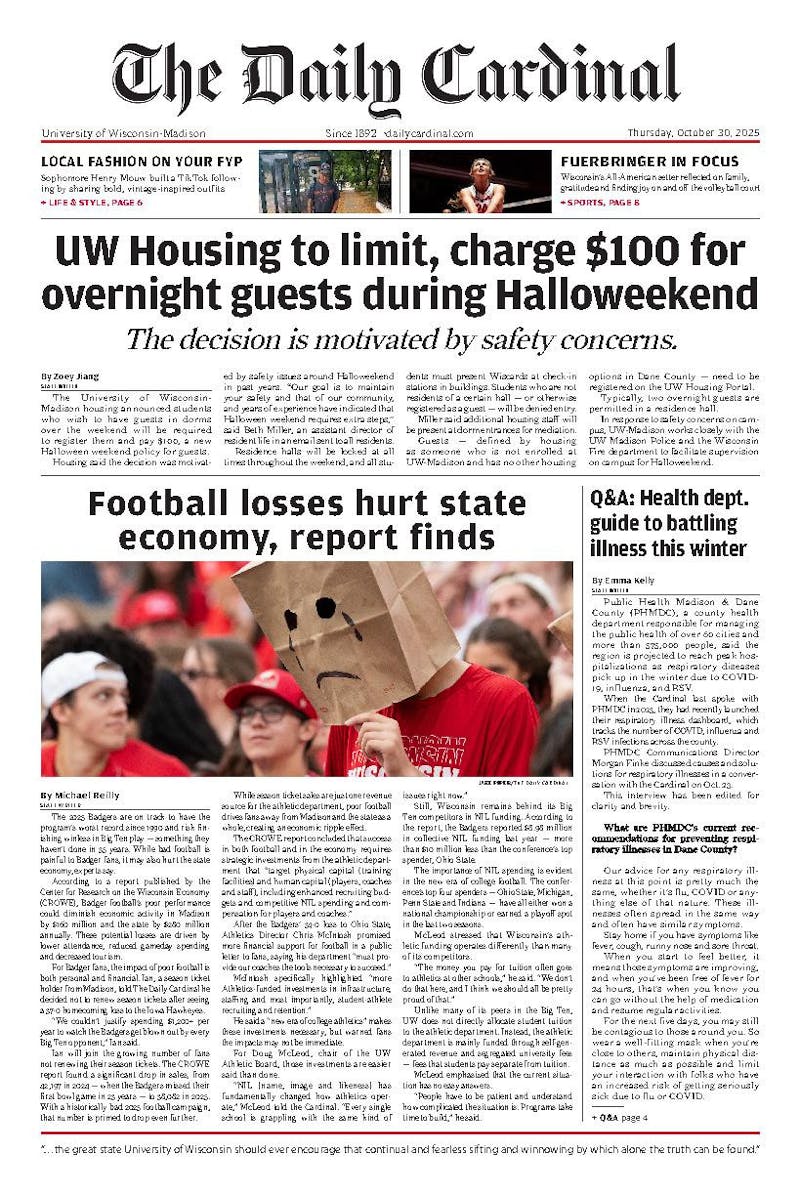There is a growing worldwide movement that is calling into question the traditional tenets of an economic order that has brought both benefits and devastation. In the high-stakes struggle for who will decide the global future, a young demonstrator was killed this summer in Genoa, Italy. It was the first such police killing at an international trade meeting.
This September, tens of thousands of students and labor union members will converge on Washington, D.C., to attend a Global Justice Week summit. Activists from around the world are calling for debt relief and an end to brutal economic policies placed on poor nations by the International Monetary Fund and the World Bank.
The IMF/World Bank function as profit-driven lending institutions for the world economy. The bank seeks to make money by loaning money. Its loans are given to poor nations, and the amount of money lent can reach billions of dollars. Debtor nations end up paying back much more money than they were originally lent because of the high interest rate on IMF/World Bank loans.
Even at high interest rates, many African nations feel compelled to accept the loans. Colonial legacies have weakened these nations’ economies to a point where they are now far behind economically privileged nations. Without IMF/World Bank approval, multinational corporations refuse to invest in these economies. For several countries the seeming solution to increasing unemployment, poverty and death is to take out a loan from the IMF/World Bank.
However, before any nation is offered an IMF/World Bank loan, it must agree to a structural adjustment package. A typical package includes raising the cost of basic public necessities such as health care, education, fuel, food and water. Also, the structural adjustment package usually includes provisions eliminating workplace rights and environmental protections. Structural adjustment policies in the short term generate some money for the repayment of interest, but in the long term they increase desperation.
The IMF/World Bank policy of structural adjustment has left tragedy in its wake. For example, even though the majority of all disease in Ghana is water related, Ghana’s IMF/World Bank package required the government to increase the price of clean water by 95 percent. Each year thousands of African people die from preventable diseases like cholera and diarrhea because they are too poor to afford rising water prices; yet raising the cost of clean water is a consistent part of each structural adjustment package.
The IMF/World Bank also increase health care costs, lower wages and demand deforestation when the historical consequences of these actions have been shown to devastate countries. According to a report completed by UNICEF, IMF/World Bank-imposed clinic fees in Zimbabwe have doubled the number of women who die in childbirth each year. In Russia, IMF/World Bank-prescribed currency devaluations pushed the poverty rate from two million people to more than 60 million people nationwide. Mudslides killed 6,000 people in Central America due to IMF/World Bank demands for increased logging and deforestation.
A worldwide human rights crisis exists because of IMF/World Bank policies—these closed institutions cannot be allowed to continue to exploit and further impoverish the poor people of the world. Because the IMF/World Bank are funded out of the U.S. Treasury Department, the only way to stop the crisis is to make the voice of opposition heard in the United States. The U.S. government is by far the most influential member of the IMF and has the power to halt structural adjustment.
Organized labor and student-activist organizations are going to Washington, D.C., during the annual IMF/World Bank meetings as a message to President Bush to stop an expansion of unfair trade policies like the proposed Free Trade For the Americas Agreement. Loans granted by the IMF/World Bank place a noose around the neck of poor countries that will never be allowed to awake from their heavy burden of debt.
Students and community activists are arranging transportation for people interested in participating in Global Justice Week starting Sept. 26. For more information call 262-9036.





